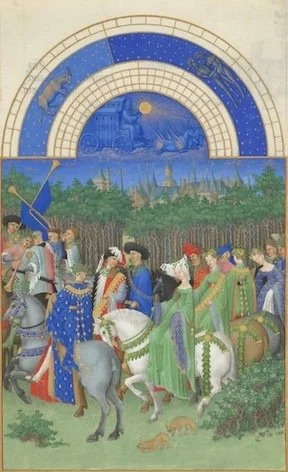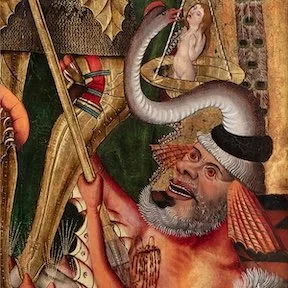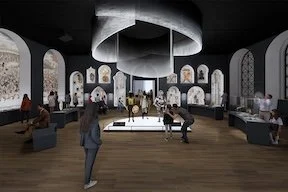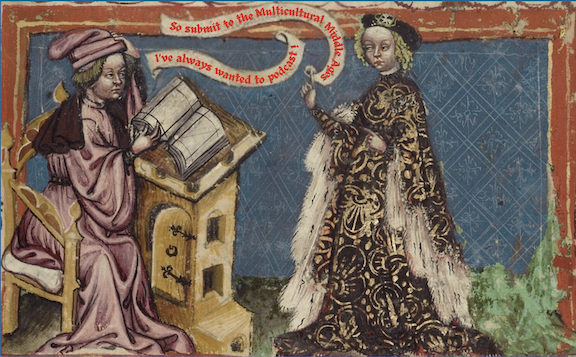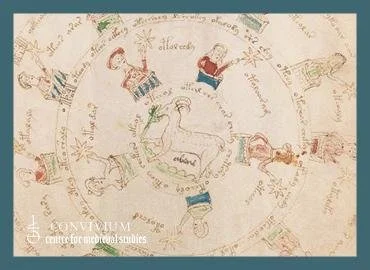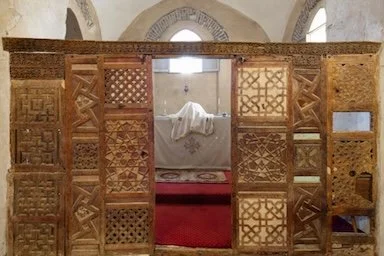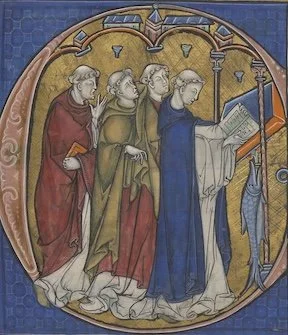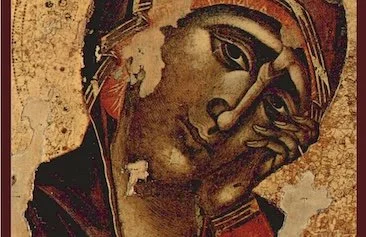After four successful seasons, The Multicultural Middle Ages Podcast (MMA) will return for its fifth in 2026. Sponsored by the Medieval Academy of America, MMA is an anthology-style podcast that seeks to continue conversations and generate new avenues of inquiry related to the Middle Ages that emphasize the period’s diversity and the scholarship related to it. We highlight thoughtful reflections on culturally responsible approaches to the study of the Middle Ages (expansive beyond western Europe) and its afterlives.
We invite proposals from individuals and collaborators of all ranks and disciplines, especially graduate students, for single podcast episodes aimed at fellow medievalists and the wider public.
Possible topics include, but are not limited to, the following:
innovative methodological/disciplinary approaches to the Middle Ages
the future of medieval studies
research on the multicultural, multiracial, and multiethnic Middle Ages
discussions of recent scholarship
archival discoveries
academic activism and responses to misappropriations of the Middle Ages
pedagogical approaches
medievalisms
medieval culture in contemporary political and public discourse
cultural heritage and approaches to curating exhibitions of the Middle Ages
Possible formats may include narrative expositions, interviews, textual analysis, visual analysis, oral performances, and panel discussions.
No previous experience with podcasting is required. The Graduate Student Committee of the MAA has hosted several podcasting workshops, which are now available on the MAA YouTube channel. If accepted, an MMA team member will support you through the episode development process and post- production.
To help us assess the project’s potential, your submission should include a brief description (500 words) of your proposed episode, noting the following:
the chosen topic and its relevance
the plan for adapting the topic to a podcast medium (we encourage 35–45 min. episodes but also welcome proposals for shorter or longer episodes)
the episode format (interview, narrative, etc.) with an outline of its structure
if you require technical assistance to realize the episode (by facilitating an interview, helping record the episode, or taking care of the audio editing)
Please also include each author’s name and CV.
Submit your proposals and any questions to mmapodcast1@gmail.com and Loren Cantrell (lorenlee325@gmail.com) by October 15, 2025.
Full call available on the website: https://www.multiculturalmiddleages.com/
The Multicultural Middle Ages Podcast Production Team
Will Beattie | wbeattie@nd.edu
Jonathan Correa Reyes | jonatcr@clemson.edu
Loren Easterday Lee Cantrell | lorenlee325@gmail.com
Reed O’Mara | reed.omara@gmail.com
Logan Quigley | quigleylogan@gmail.com


